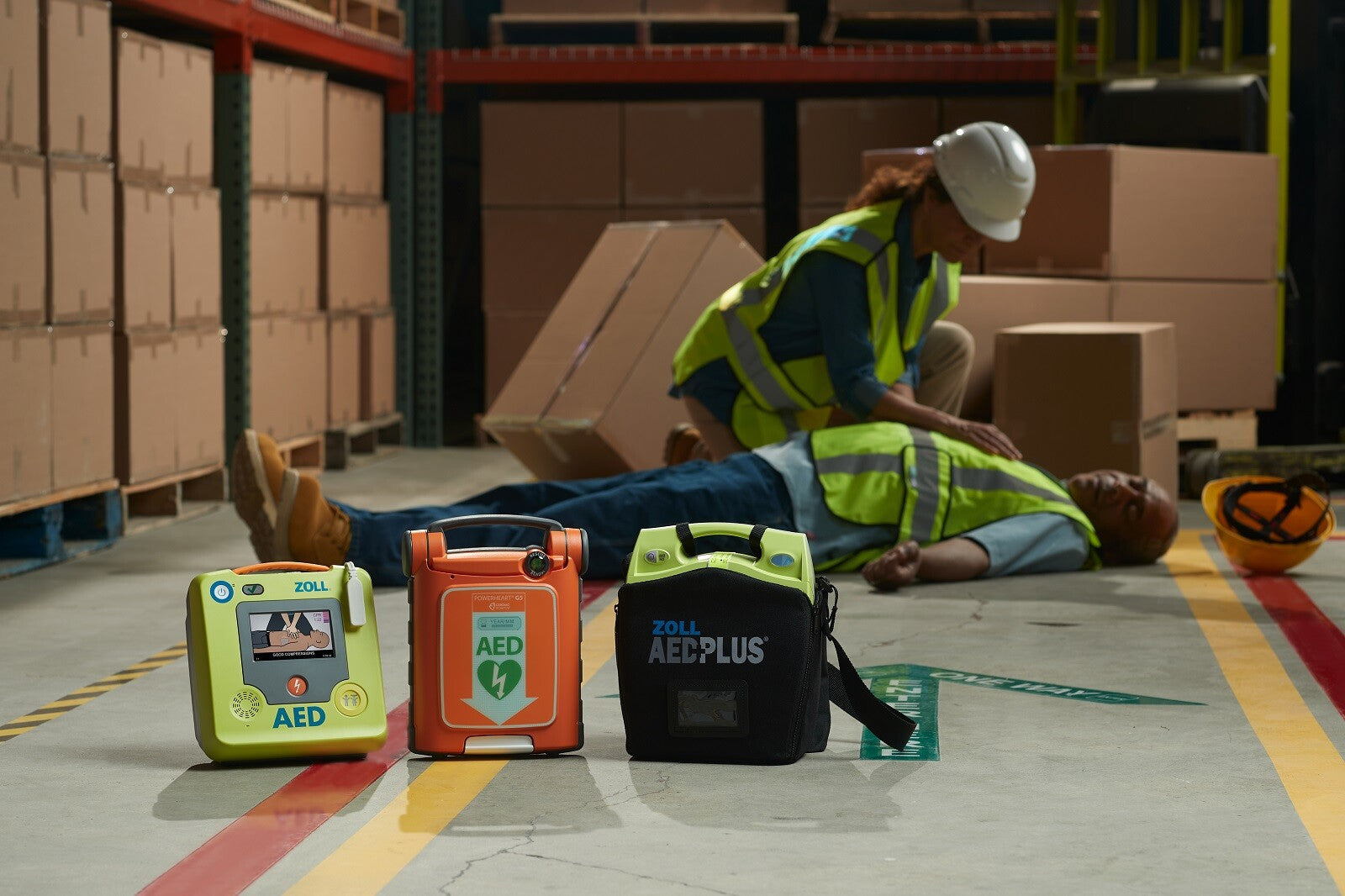Over £100 (Mainland UK)
Over £100 (Mainland UK)

The heart is responsible for pumping blood throughout the body, supplying nutrient and oxygen-rich blood to the muscles, vital organs, and the brain. So, during sudden cardiac arrest (a cardiac emergency where the heart suddenly and unexpectedly stops beating) the brain and other vital organs stop receiving oxygen.
Despite comprising only 2% of an individual’s body weight, the brain commands a staggering 20% share of the body’s oxygen supply. This oxygen is crucial for the brain’s metabolic processes, fuelling its neurons—the cells responsible for functions ranging from conscious functions like thinking and feeling to automatic functions such as digestion, blood pressure regulation, and breathing. Deprived of oxygen, the brain is unable to metabolize glucose, and therefore cannot convert glucose into energy.
Oxygen deprivation due to cardiac arrest can have severe effects on the brain, depending on how long it is deprived. After five minutes of complete oxygen starvation, survival is nearly impossible, and even if the brain is still alive, a coma and lasting brain damage is almost unavoidable. That is why it is important to begin CPR as soon as possible. CPR, when performed effectively, helps keep oxygenated blood circulating throughout the body and to the brain.
If you would like more information about how to perform effective CPR, check out our blog, or if you would like CPR and AED training, please email michelle@defib4life.co.uk.
Alzheimer’s is the most common type of dementia making up 60-80% of dementia cases. It is a progressive disease that affects memory, thinking and behaviour, affecting everyday life not only for the person but for their loved ones. In the UK, there are more than 944,000 people who suffer from dementia, with it affecting 1 in 11 people over the age of 65. Please, look at the NHS website for more details about dementia and its symptoms.
A 2016 study found that Alzheimer’s disease does not only affect the brain but can also affect the heart. Researchers recently discovered that Alzheimer’s is caused by amyloid beta proteins which build up between brain cells. However, this same protein plaque can build up around the heart. The study revealed that those with Alzheimer’s had a thicker left ventricle than those without the disease. This thickness was found to be caused by the same proteins found in the brain.
The left ventricle is the thickest chamber of the heart and is responsible for transporting blood through the body. If the ventricle becomes too thick to successfully pump blood through the body, it can put the patient at a higher risk of heart attack, which can result in cardiac arrest.
It is important to ensure you are always near an available defibrillator, for devices we stock, please look at our shop.
You can also find us on social media, on Facebook, Instagram & LinkedIn.